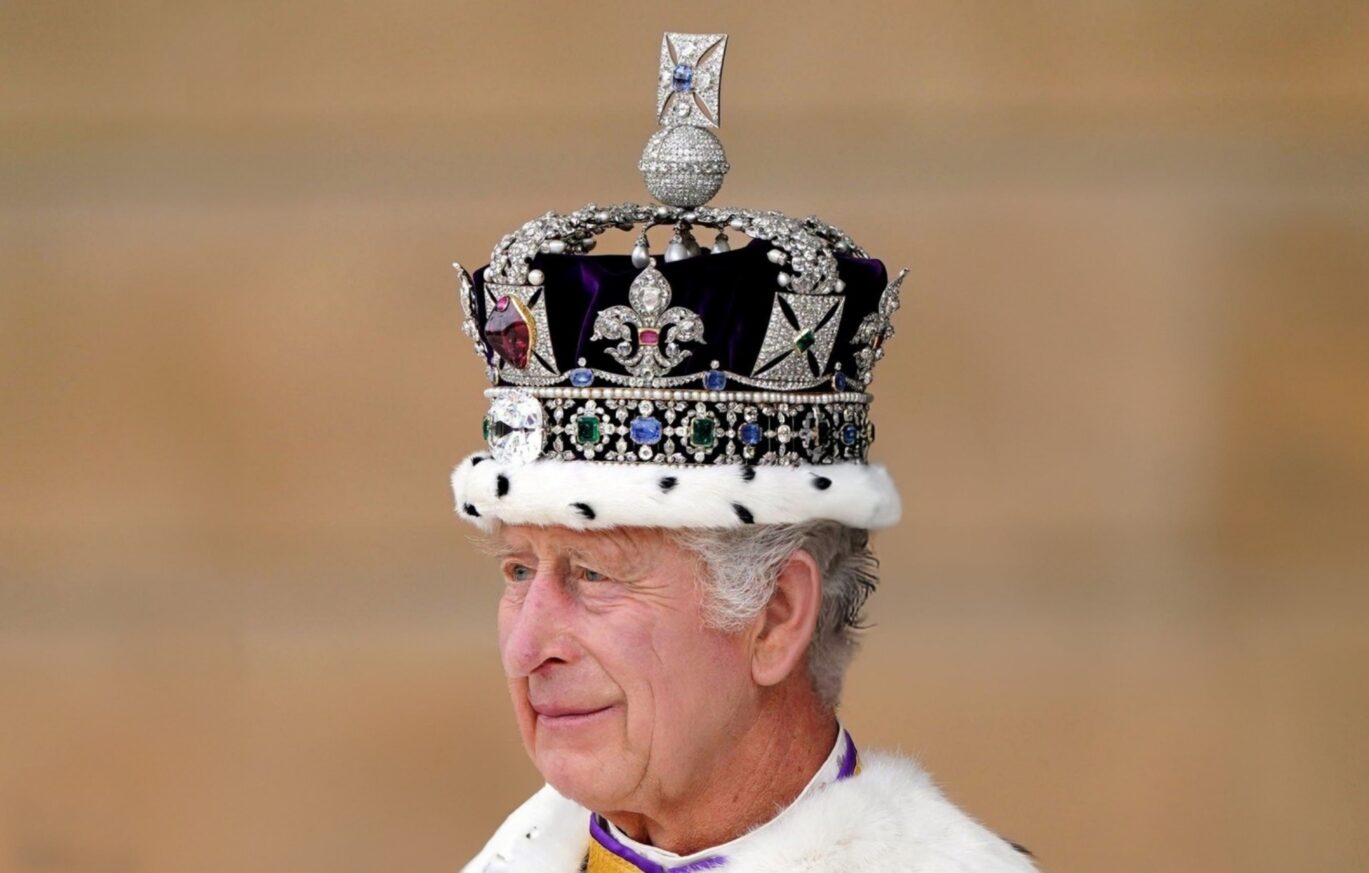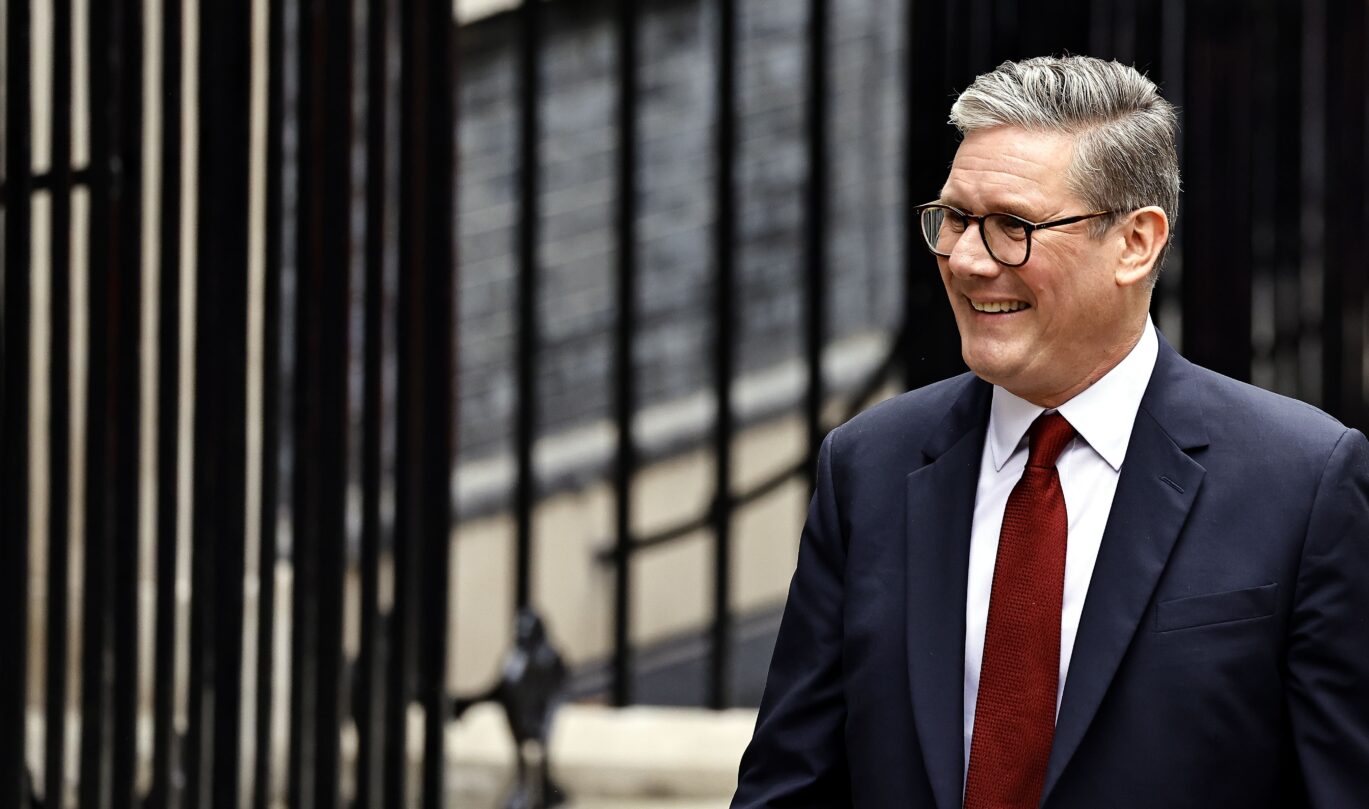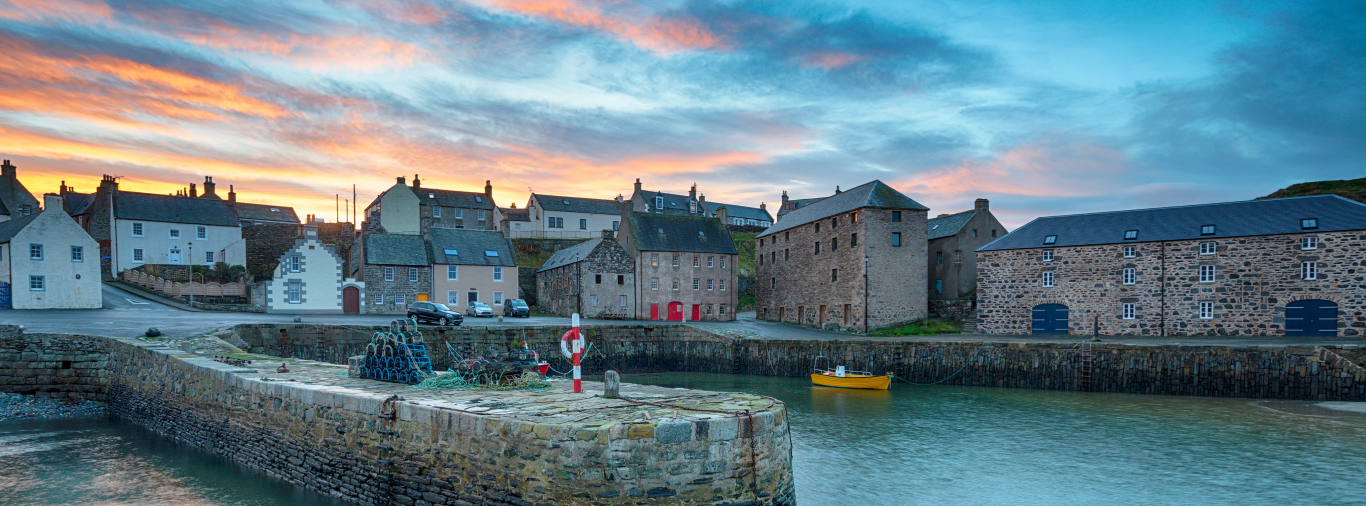Less than a month out from the general election, the data shows 75% would rather see the UK meet its energy demands from domestic sources than import from overseas.

- Insight & Analytics
- Oil & Gas
- Polling
- Uncategorized
POLL: 75% of Scots back North Sea oil and gas
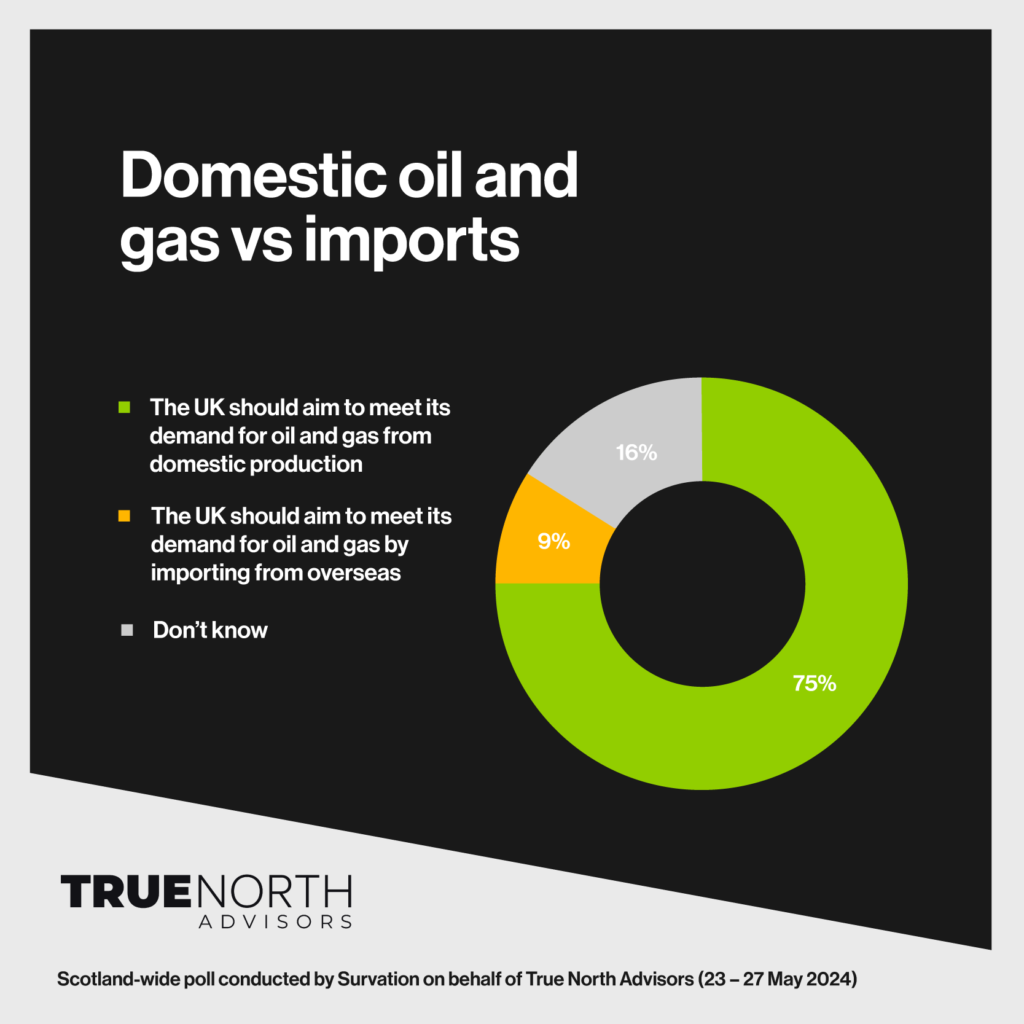

The Scotland-wide polling, carried out by Survation, comes as the sector takes centre-stage in the ongoing election campaign, while the UK’s energy production hits the lowest level on record since 1948.
By a factor of 4 to 1, people see energy companies operating in the North Sea as an economic force for good, according to the polling.
That’s despite news of one of Scotland’s largest new oil projects, Buchan in the Moray Firth, has had its production pushed back by a year due to general election uncertainty.
The data also covers Labour’s key policy of GB Energy, with 51% of people believing it will reduce household bills, and 56% saying it should take ownership stakes in large-scale projects such as offshore wind farms.
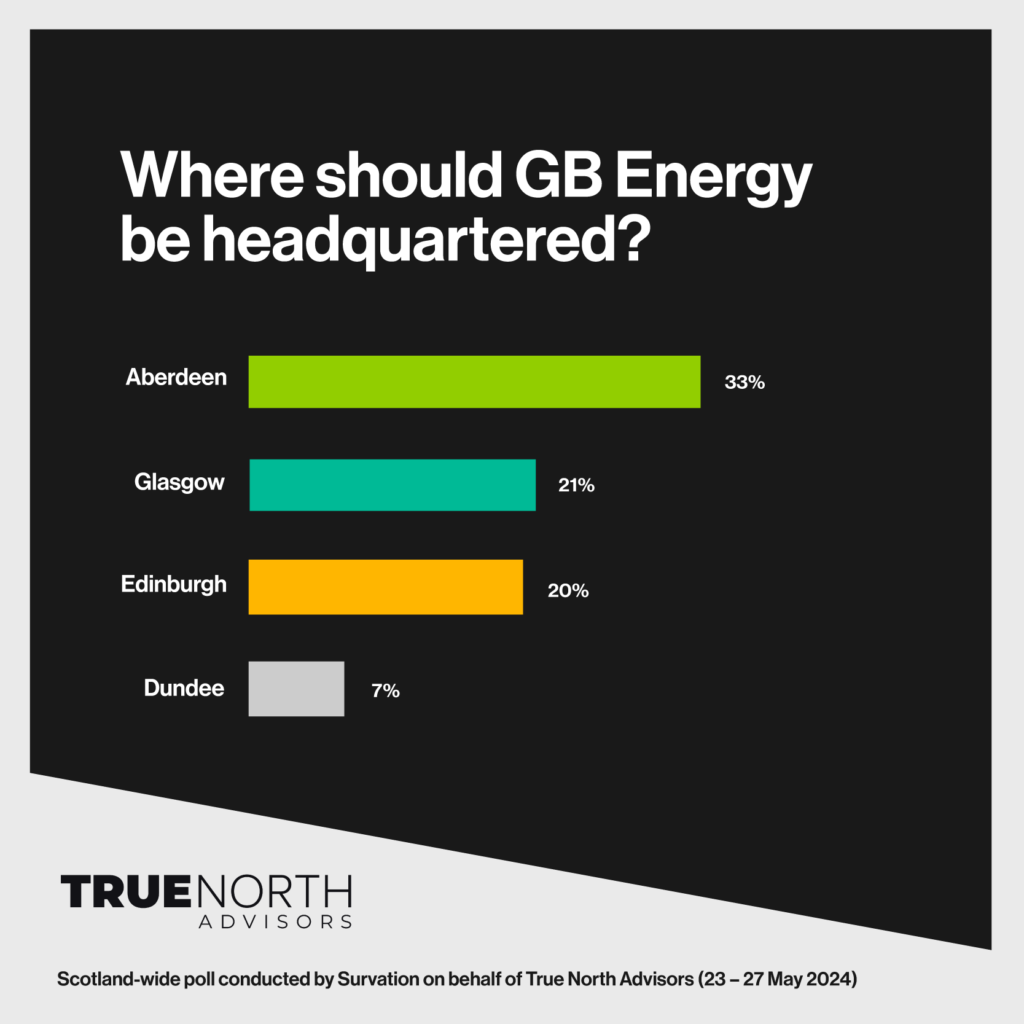
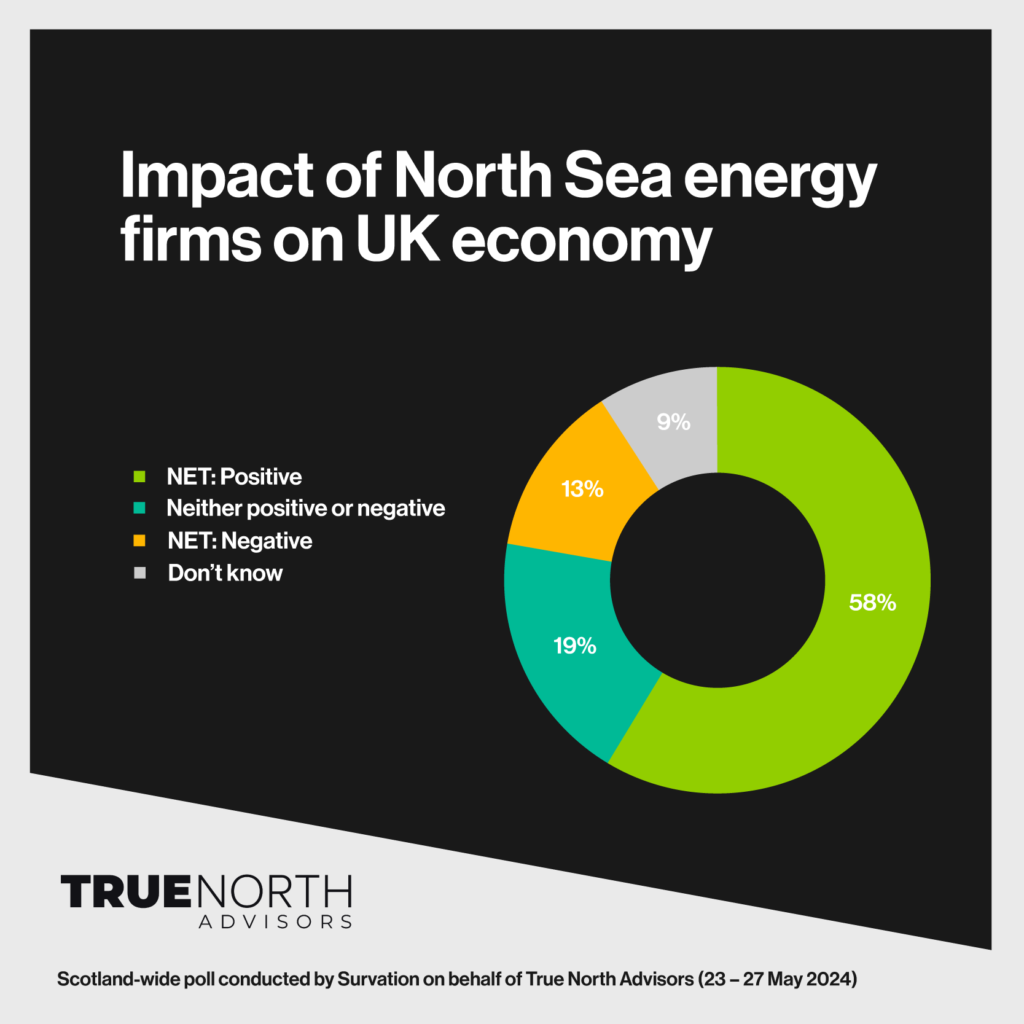
Sir Keir Starmer has suggested that GB Energy would be established as an investment arm, funded by an extended windfall tax on oil and gas, with Labour claiming it will support tens of thousands of green jobs.
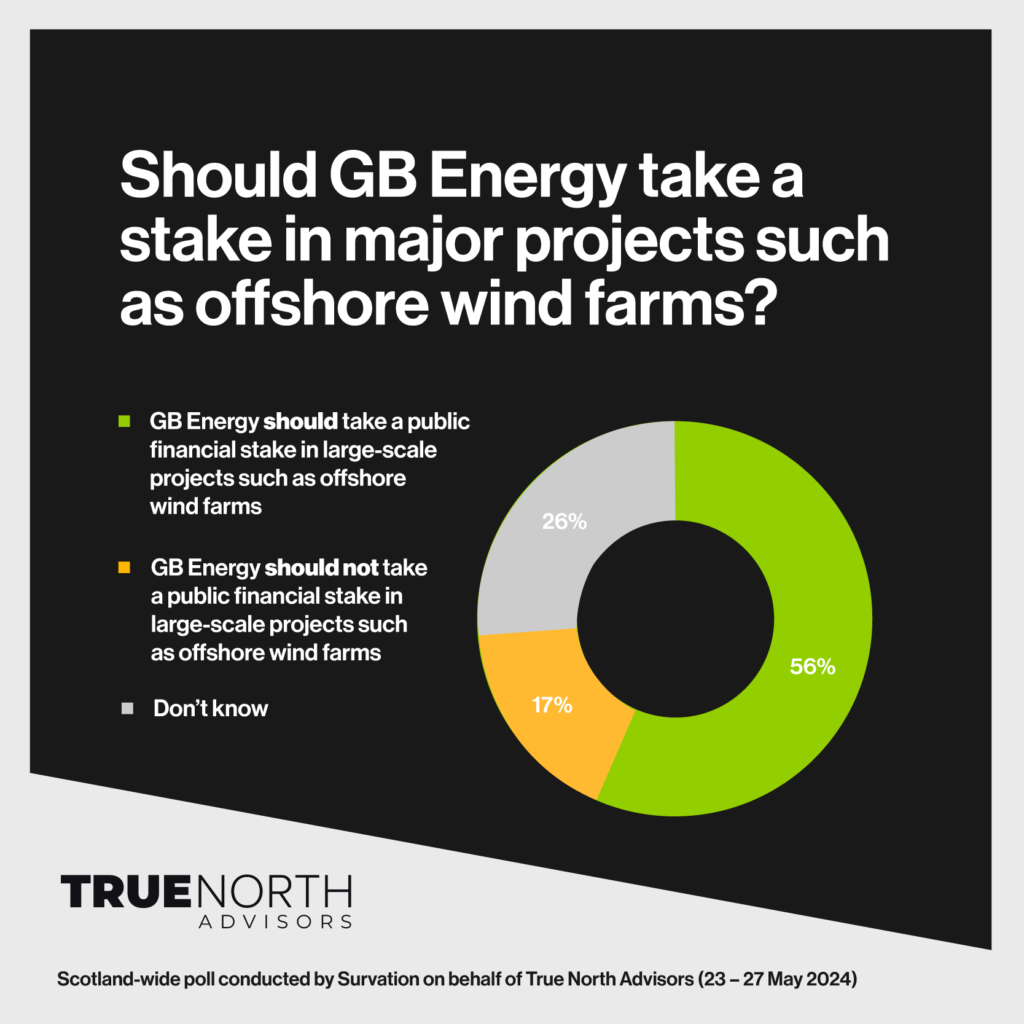

True North Senior Energy Advisor Allister Thomas said:
“As North Sea production reaches record lows, with projects stuck in the investment doldrums, this is a clear signal to politicians to get the sector back on track.
“The alternative is more imports, which government data tells us is already seeing record high levels of LNG from the US, nearly four-times more carbon intensive than domestic supply. That’s bad for the planet and bad for business – the UK will realise little of the economic benefit if we are buying in more energy from overseas.
“As they aspire to become the next UK government, Labour will be buoyed that 51% Scots think GB Energy can reduce their household bills.
“However, there are significant risks – and stark warnings from experts across the energy sector – that more punitive taxes on energy will drive investment out of the sector, rather than helping to bridge the renewable jobs gap.
“I suspect energy transition will remain a major focus in this campaign over the coming weeks as the parties continue to set out their stall.”

Keep in touch
Sign up to our newsletter.
"*" indicates required fields

